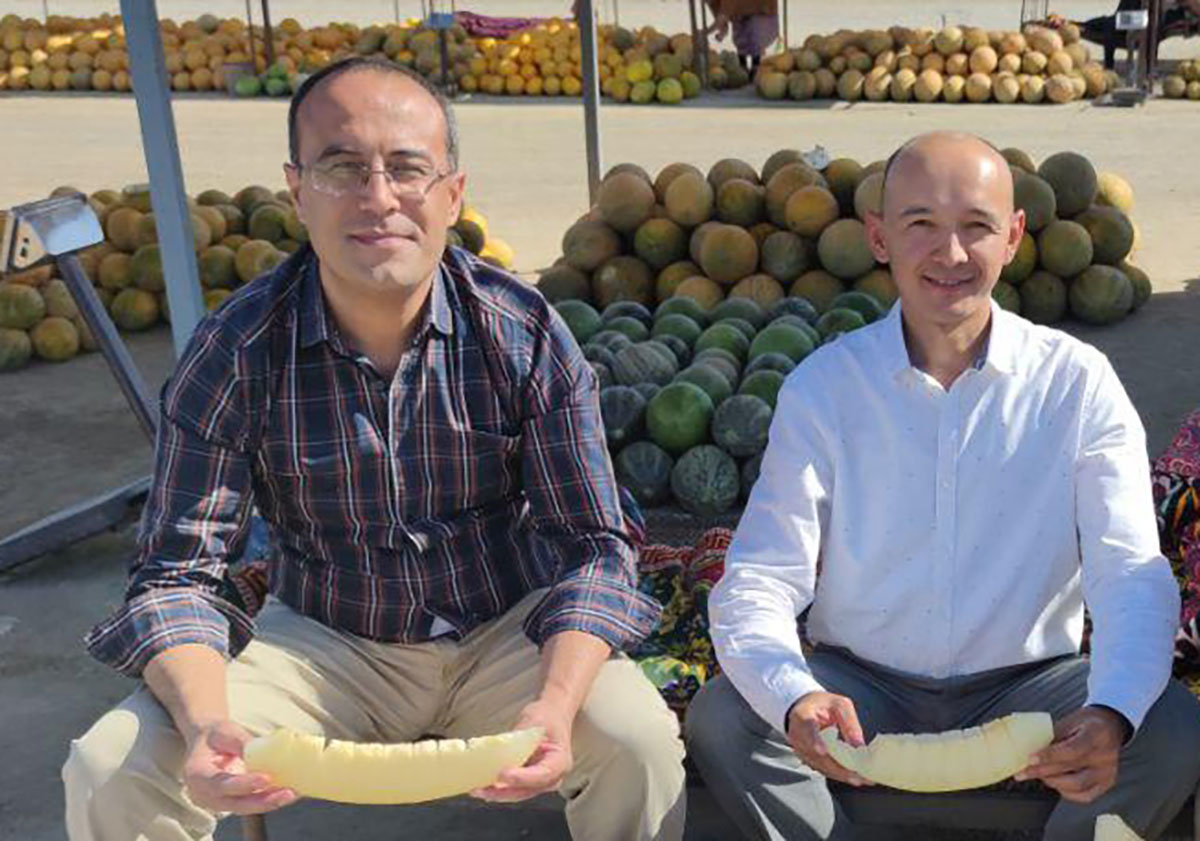A Policy Framework for Sustainable Tourism
While there are many great initiatives that can be taken to achieve sustainable tourism, it is important to remember that sustainable tourism requires a policy framework to achieve its objectives. Policies that enable sustainable tourism are often developed by folks that do not consider themselves part of tourism, and many of the policies are not tourism or hospitality related. So what policies does the Global Sustainable Tourism Council (GSTC) say are required for a sustainable destination? In a recent analysis of the GSTC Destination Criteria I carried out with...












